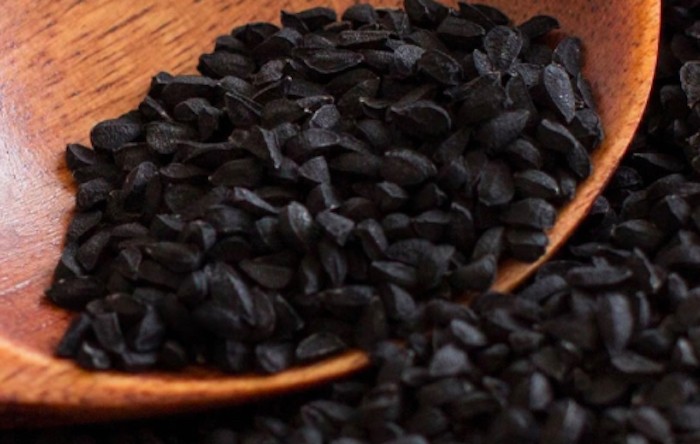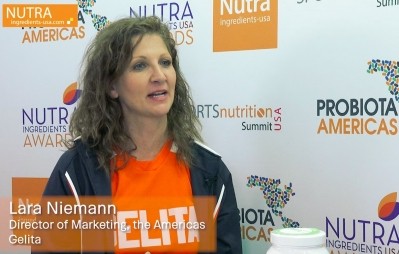Special Edition: Supplements for Pets
Niche ingredients from botanical sources, animal peptides making inroads in pet nutrition

Pet supplements tend to fall into some broad categories familiar from the human marketplace. To a degree this has to do with the difficulty, common to any veterinary health undertaking, of determining exactly what’s troubling the animal.
Joint care
Movement is an obvious sign. An animal that cannot regularly move with ease becomes less active, and other health problems start to mount as a result (this is a lesson for you human couch potatoes, by the way). A horse or a dog that’s gimpy is easy enough for anyone to see, so joint health products form the lion’s share of the pet health supplement market.
These tend to be based on glucosamine and chondroitin. These ingredients have a decades-long history of safety in the human supplement realm. Their evidence of efficacy is less well clear cut, but there has been enough there there, so to speak, to keep them on the market as reliable sellers.
Other ingredients are starting to make appearances in this realm as research has accumulated. Many processes and body structures are common across mammalian species. This includes the importance of collagen, an ubiquitous structural protein. Type 2 collagen has started to become a common ingredient in pet mobility product.
German manufacturer Gelita has been one of the leaders in collagen research, including in looking into the effects of selected peptides. The company markets and ingredient called Petagile, for which it says some studies are in process.
Managing inflammation
Another ingredient starting to show up in joint care pet products is MSM. MSM, (methylsulfonylmethane), is a natural anti-inflammatory and analgesic. It is produced when DMSO (dimethylsulfoxide) is oxidized, but is also found in small quantities in horsetail (Equisetum sp.), milk, fruits, vegetables, and grains. According the animal hospital chain VCO Hospitals, the research on MSM in animals is “limited but encouraging.”
“Clinical outcomes in animals receiving MSM for osteoarthritis are also encouraging,” the organization says.
Managing inflammation is a target in pets as well as in humans. The anti inflammatory aspects of omega-3s make them popular as pet supplements. Another inflammation fighter that is starting to make its appearance is the carotenoid astaxanthin, which is commercially produced via the cultivation of the Haematococcus pluvialis algae species as well as a couple of other methods.
Lessons from sled dogs
An intriguing argument for the use of these two together—astaxanthin and fish oils—comes from the diets of the star endurance athletes in the canine realm, the dogs that run the Iditarod sled dog race in Alaska and other similar races.
Many mushers feed these animals a diet that consists largely of wild caught salmon, which accrue a significant amount astaxanthin in their flesh via a process of bioaccumulation.
The Dr Mercola line of pet supplements includes a suite of astaxanthin products. Astaxanthin supplier AstaReal markets its astaxanthin for pets, though for the indication of shinier, healthier fur in dogs, rather than for an anti inflammatory positioning per se.
Another anti inflammatory oil ingredient that as yet flies further under the radar is black cumin seed oil. Mark Mueller, chief technology officer of Wisconsin-based supplier Botanic Innovations, said interest in the niche ingredient is ramping up.
“We have some veterinary health customers who are conducting some research. They are interested in it for both its immune support and its anti inflammatory potential,” he said.
Mueller said the seed meal left over from the oil pressing is of interest, too, in an application that crosses the line between pets and livestock, and that is in the feeding of backyard chickens.
“The seed meal still has about 15% oil content,” he said. “People feed it to their backyard chickens for immune support and anti inflammatory benefits.”
He said the oil ingredient has also gained some attention for use in other pet care products, such as shampoos.

















